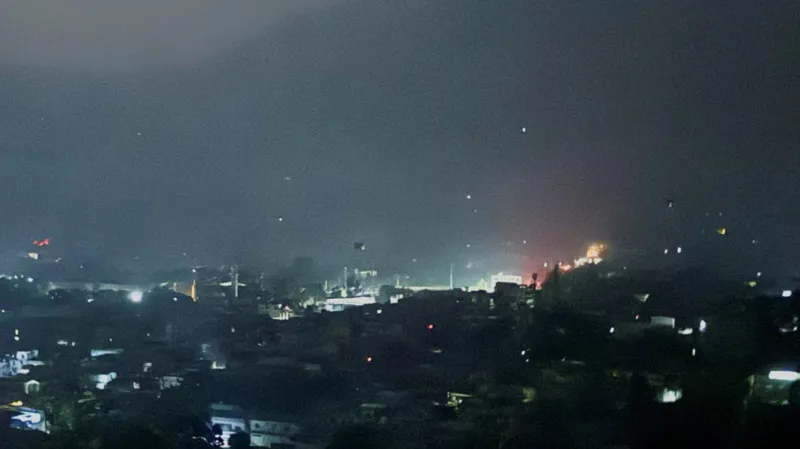Operation Sindoor: India and Pakistan Edge Closer to War Amid Escalating Tensions

The longstanding rivalry between India and Pakistan has reached a critical juncture following India's initiation of "Operation Sindoor" on May 7, 2025. This military operation, involving precision airstrikes, was launched in response to a deadly terrorist attack in Pahalgam, Indian-administered Kashmir, which claimed 26 lives. The ensuing actions have intensified hostilities, raising alarms about the possibility of a full-scale war between the two nuclear-armed nations.
Background: The Pahalgam Attack
On April 22, 2025, armed militants attacked a group of tourists in the Baisaran Valley near Pahalgam, resulting in 26 fatalities, including 25 Hindu tourists and one Christian, and injuring over 20 others. The Resistance Front, an offshoot of the Pakistan-based Lashkar-e-Taiba, claimed responsibility. India accused Pakistan of supporting the group, leading to a rapid deterioration in diplomatic relations.
Operation Sindoor: India's Military Response
In the early hours of May 7, India executed "Operation Sindoor," targeting nine sites across Pakistan and Pakistan-administered Kashmir. The Indian Air Force deployed Rafale jets equipped with SCALP missiles and AASM Hammer bombs to strike alleged terrorist camps associated with Lashkar-e-Taiba and Jaish-e-Mohammed. The operation lasted approximately 23 minutes.
Pakistan's Reaction and Countermeasures
Pakistan condemned the airstrikes as an unprovoked act of war, reporting 26 deaths and 46 injuries, including civilians. The Pakistani military claimed to have shot down five Indian aircraft and initiated retaliatory strikes, targeting Indian military installations. Pakistan's Prime Minister authorized the armed forces to respond decisively, escalating the conflict further.
International Concerns and Diplomatic Efforts
The international community has expressed deep concern over the escalating tensions. United Nations Secretary-General António Guterres called for maximum restraint, while U.S. President Donald Trump labeled the situation "a shame." Emergency consultations were held by the UN Security Council to address the crisis.
Potential for Nuclear Escalation
Both India and Pakistan possess significant nuclear arsenals, with India holding approximately 172 warheads and Pakistan around 170. The current escalation has raised fears of a potential nuclear confrontation, prompting urgent calls for de-escalation from global leaders and organizations.
Impact on Civilians and Regional Stability
The conflict has had severe repercussions for civilians, with reports of casualties and infrastructure damage on both sides. The situation has disrupted daily life, leading to the suspension of flights and the declaration of emergencies in affected regions. The ongoing hostilities threaten regional stability and economic development.
The recent escalation between India and Pakistan underscores the fragility of peace in South Asia. As both nations navigate this crisis, the international community's role in mediating and promoting dialogue becomes increasingly vital to prevent further deterioration and ensure long-term stability in the region.

MNF
Content Creator at MNF
Passionate about delivering high-quality content on technology, news, and more. Follow me for the latest updates and insights.
Leave a comment
Share your thoughts and comments on this post.
Comments
There are no comments. Be the first to comment 😊💡